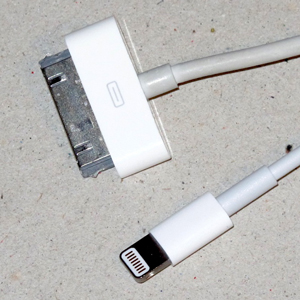
Although black Friday is American by tradition its legendary sales have been used in the UK to attract customers. Amazon cut prices by “up to 40 per cent on around 1,000 items until Saturday as part of its Black Friday Deals Week.” In coloration with this online sale, “online prices are falling at their highest rate for five-years.” Compared to October last year, there has been a 14% growth of online sales in the UK. This increase in demand has been encouraged by such sales, and online sales are beneficial to many companies. An online order means that firms do not need physical stores and makes it cheaper to sell, thus yielding higher profits.
Black Friday in the UK evidences that sales are an effective tactic for increasing consumer spending. The sale has been imported without its related culture, that of thanks giving. This truly evidences the economic power of such a sale; it both shows the separation and integration of economy and culture. Although I feel that such wide spread sales aid larger corporations, such as Amazon, more than smaller businesses. The advantage of economies of scale means that larger firms are able to produce for less and thus profit more from sales.
http://www.telegraph.co.uk/finance/newsbysector/retailandconsumer/9686456/Internet-price-war-launches-in-UK-ahead-of-Black-Friday.html




